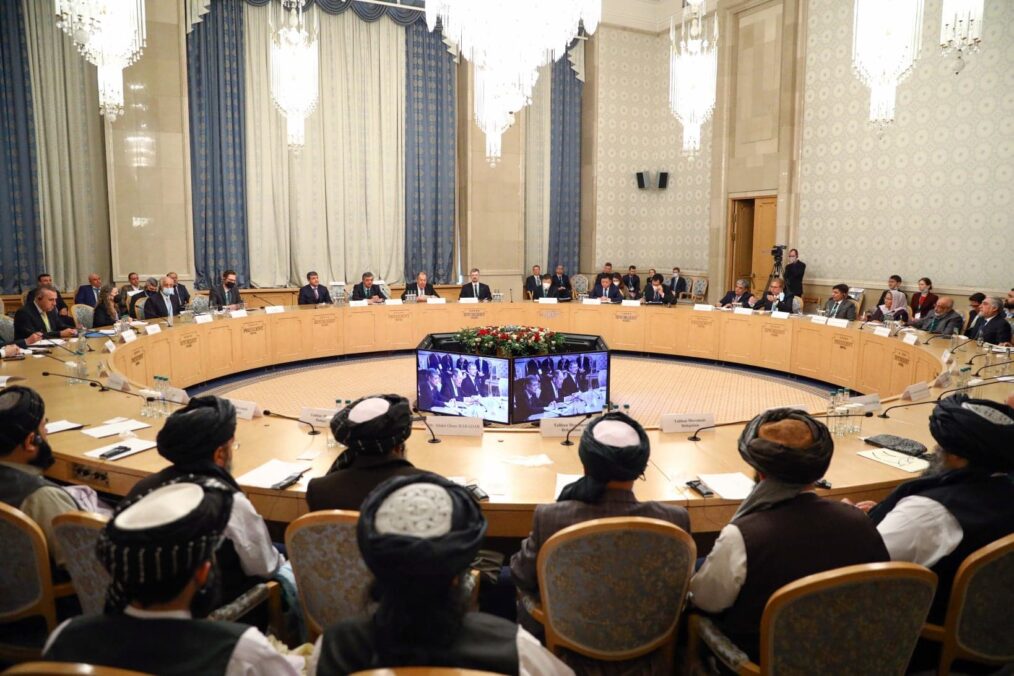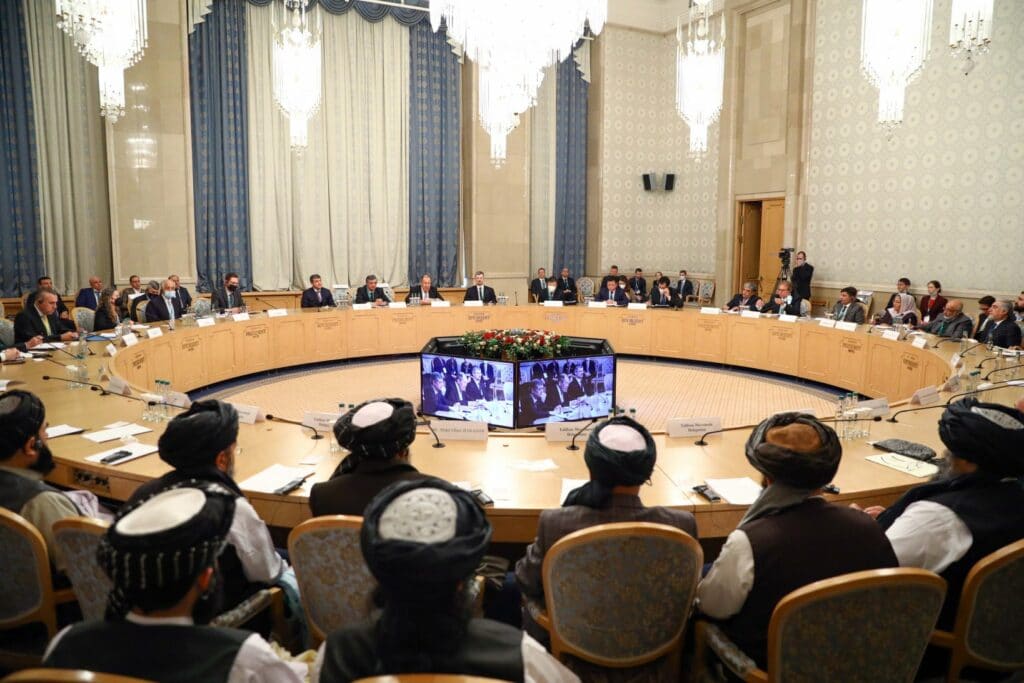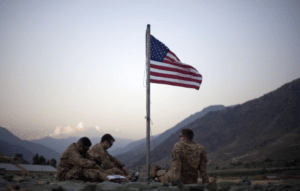
What To Expect From The Moscow Peace Conference On Afghanistan

The Moscow conference peace talks are being attended by the Troika group, which includes; Pakistan, Iran, China, Russia, and the United States. And it may provide a preview for what could take place in Istanbul. The current Moscow summit and the upcoming conference in Turkey are the result of the ongoing stalemate in the Doha peace talks that began last September.
The upcoming Turkey peace conference has the potential to determine the future of the Afghanistan peace process. The conference signifies a collective and international interest in creating a peaceful Afghan nation. The head of the High Council for National Reconciliation, Abdullah Abdullah seems to regard the Moscow conference in this way. Abdulla’s office has gone on to state that “We strongly believe that the Moscow conference will boost the Doha peace talks, and the upcoming Turkey conference on Afghanistan”. The Russian Foreign Minister Sergei Lavrov said that the aim of the Moscow conference is to help move forward the peace talks in Doha.
The Bonn Agreement
In order to understand the potential future Afghanistan peace agreement, we can look to previous agreements like the Bonn Agreement. The proposals established by the Bonn Agreement can give us a clue as to what we can expect from current discussions. It resulted in the creation of an interim government which was the foundation for a new constitution and political system. Otherwise known as the Agreement on Provisional Arrangements in Afghanistan Pending the Re-establishment of Permanent Government Institutions (S/2001/1154), the Bonn Agreement sought to build lasting peace and stability in Afghanistan.
What is important to note is that the creation of the interim government was left to the decision of the Afghan people, through the creation of an emergency Loya Jirga, and not by international actors. The expectation of an interim government was for a new constitutional government to emerge and for key institutions to reemerge. The Agreement also proposed the creation of a Human Rights Commission as well as equal representation of women, ethnic, and religious groups.
International Influence During Peace Talks
For example, Russia supports the creation of an interim government and the inclusion of the Taliban. According to the statement given by the Russian Foreign Ministry spokeswoman Maria Zakharova “the formation of an interim inclusive administration would need a logical solution to the problem of integrating the Taliban into the peaceful political life in Afghanistan”.
On the other hand, the current Afghan government is not in agreement with the dissolution of the current administration. Ashraf Ghani, Afghanistan’s President, has gone on to say that: “if the Taliban are ready for elections tomorrow, we are also ready to participate in the elections, but I am not ready to transfer the power to my successor without elections”.
Ghani has stated that he does not want a future peace settlement to be made outside of Afghanistan. Secretary of Defence Antony Blinken’s recent letter outlines the Biden administration’s expectations for the Afghan peace process. Even though the main political actors involved in the Afghan peace process may have differing views on certain issues, they all have one thing in common: they want to create a peaceful Afghan nation. The question is how that peace will look like and how it will manifest. After all, the Bonn agreement did not turn out like the participants expected.
What Does This Mean For The Future Agreement?
Two important elements to consider are first, what a future peace agreement may mean for Afghanistan’s administration? And second, what role the players involved in the peace process will place in the event of a peace agreement? Furthermore, will peace talks result in an interim government? And will the current Afghan administration be willing to give up their power? The Taliban’s involvement in Afghanistan’s future peace agreement is critical to both its inception and its success. The impact of these separate groups will also affect the peace agreement’s nature. It will affect whether the new administration will follow a secular route or become an Islamic Republic.
Inclusion will also be paramount to the success of the Afghan peace agreement. The equal participation of women, ethnic, and religious groups is as important as the creation of a new political system. This is also true for the reintegration of the Taliban into Afghan society and its potential future political system. It is crucial that peace talks continue to finally end the violence being perpetuated by the Taliban. These conferences and peace talks may allow the international community to come to an inclusive and successful peace agreement. The most important thing is to continue to build on the momentum that is currently taking place.
Ahmad Mohibi is the Founder of Rise to Peace





